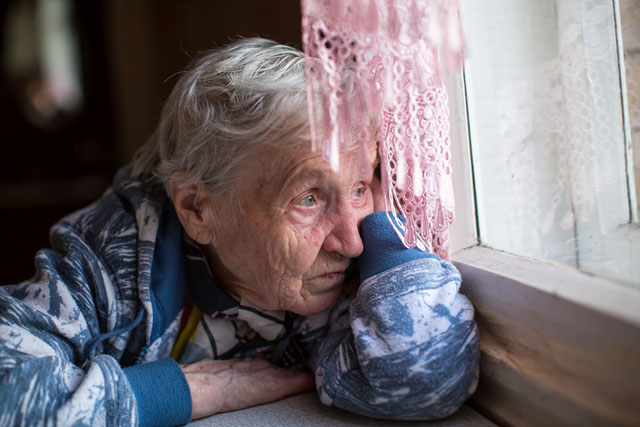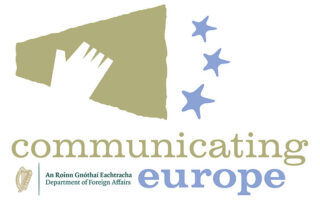On a regular basis we get asked what are the entitlements our senior members of society are entitled to. As we enter in to the golden years of our lives after spending years working to support our families and build the nation of today that provides opportunities to the next generation now it’s our time to get the thank you, we deserve and I believe we are entitled to.
In this edition we will look what we are entitled to when we retire when we go to claim our Pension
Here are some of the pension entitlements to look for
A range of payments are made to older people by the Department of Social Protection (DSP) and the Health Service Executive. If you are unsure whether or not you would qualify for a payment, you should apply anyway.
Generally, payments are made up of a personal payment for yourself and extra amounts for your dependent spouse, civil partner or cohabitant and any dependent children. A cohabitant is a person living in an intimate and committed relationship with a person of the same or opposite sex who is not that person’s spouse, civil partner, or a close relative.

You should apply to the Department of Social Protection for your pension at least 3 months in advance.
Social insurance payments
You need enough PRSI contributions to qualify for these payments. Apply to the Department of Social Protection.
State Pension (Contributory)
The State Pension (Contributory) is payable from the age of 66. You are allowed to have income from any other source while you receive this pension, but both the income and the pension are taxable.
There are a number of pro-rata State Pensions (Contributory) which are paid at a lower rate. These were introduced to deal with issues that arose as a result of people paying different types of social insurance contributions or not paying contributions for various reasons.
Under the National Pensions Framework, a number of other changes are planned to the qualifying conditions for the State Pension (Contributory). These changes do not affect the State Pension (Non-Contributory).
Widow’s, Widower’s or Surviving Civil Partner’s Contributory Pension
You may be eligible for Widow’s, Widower’s or Surviving Civil Partner’s Contributory Pension if you are widowed or a surviving civil partner, have not remarried or entered into a new civil partnership, and are not cohabiting. You can transfer to the State Pension (Contributory) at the age of 66.
Means-tested payments
Any means you may have, such as weekly income or savings, are taken into account for these payments, but not your own home. You must also satisfy the habitual residence condition. Apply to the Department of Social Protection.
State Pension (Non-Contributory)
The State Pension (Non-Contributory) is a payment for people aged 66 or over who do not qualify for a State Pension (Contributory).
Widow’s, Widower’s or Surviving Civil Partner’s Non-Contributory Pension
If you are a widowed person or a surviving civil partner who is not entitled to a Widow’s, Widower’s or Surviving Civil Partner’s Contributory Pension, has not remarried or entered into a new civil partnership, has no dependent children and is not cohabiting, you may be eligible for a Widow’s, Widower’s or Surviving Civil Partner’s Non-Contributory Pension. This is a means-tested payment. At age 66 you transfer to the State Pension (Non-Contributory).
We hope you find that helpful when you are trying to work out what is your pension entitlements. Next week we will look at other social welfare entitlements for our senior citizens. If you need future clarification you can contact the Citizens Information Bureau on the Parade, Kilkenny.



